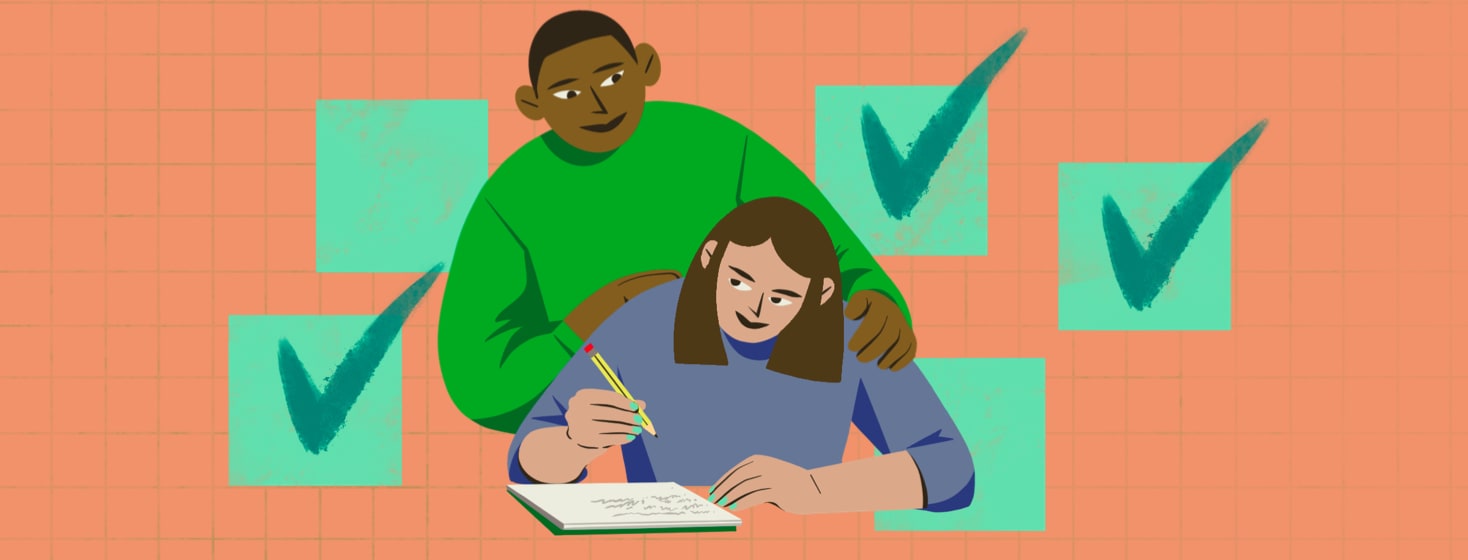5 Things to Bring to Your First Headache Specialist Appointment
Your first meeting with your neurologist or headache specialist is a high-pressure situation. You have a lot of medical history and information to fit into what's likely a tiny window of time. I like to come to these appointments fully prepared so the doctor knows I mean business about managing episodic cluster headaches and status migraine attacks.
Thing #1
If this is your first-ever visit with a headache doctor, they should take a complete medical history. Even if you're transferring care like me, you'll need to prepare your medical records or have your former doctor fax over your file. Unfortunately, that's not an option for me because my neurology center no longer has my records. That means detailing the last 16 years of cluster headache cycles and when I started experiencing migraine attacks.
Your headache history also includes all medications and treatments you've tried and how well they worked. Your new doctor doesn't want to reinvent the wheel if you know what works and what doesn't already.
Thing #2
Visits with any medical specialist can seem overwhelming. You may need to remember important details for your new treatment plan or the way the doctor prefers to manage patients. I like to bring a family member I trust to appointments for several reasons:
- Having someone with me helps me remain calm.
- They may remember details I forget, such as why X medication isn't an option for me.
- A friend or family member has my back and will ensure the doctor doesn't dismiss my concerns.
Thing #3
This isn't my first time around the neurology circuit. I've seen three headache specialists or neurologists and have a deep understanding of cluster headaches. However, status migraine attacks are still an enigma to me. Bringing a list of questions for my new doctor will test their knowledge of cluster headaches and ask about treatment options to prevent the five-day migraine attacks I have once or twice a month. How the doctor answers these questions tells me a lot about their quality of care.
Do they give me one-word answers or go into detail?
Thing #4
I learned from my last headache specialist how helpful it is to bring in every medication, vitamin, and supplement I'm taking. These bottles give your new doctor the correct dosage and a clear picture of your overall health. They may advise you to stop taking one or add a new one to your regimen to see if your pain improves. My previous doctor helped me realize I wasn't taking enough melatonin to get results. (Ultimately, I stopped taking it altogether because it was not working for me.)
Thing #5
I don't trust most doctors with my headache diagnosis and care. I've been burned too many times by physicians who knew nothing about cluster headaches and dismissed me or my fellow patients as drug seekers instead of offering standard treatment options, such as high-flow oxygen. Living with cluster headaches provides a much clearer picture of the disorder than a one-hour lecture during medical school; I need a doctor who values my input as the patient and treats me with respect.
Bringing your observation skills can give you an idea of how they truly feel about patients by their demeanor during your visit. Do they listen to you responsively? Are office staff friendly and welcoming? Do they diminish your pain or doubt your understanding of your condition? If so, don't schedule a second appointment.

Join the conversation